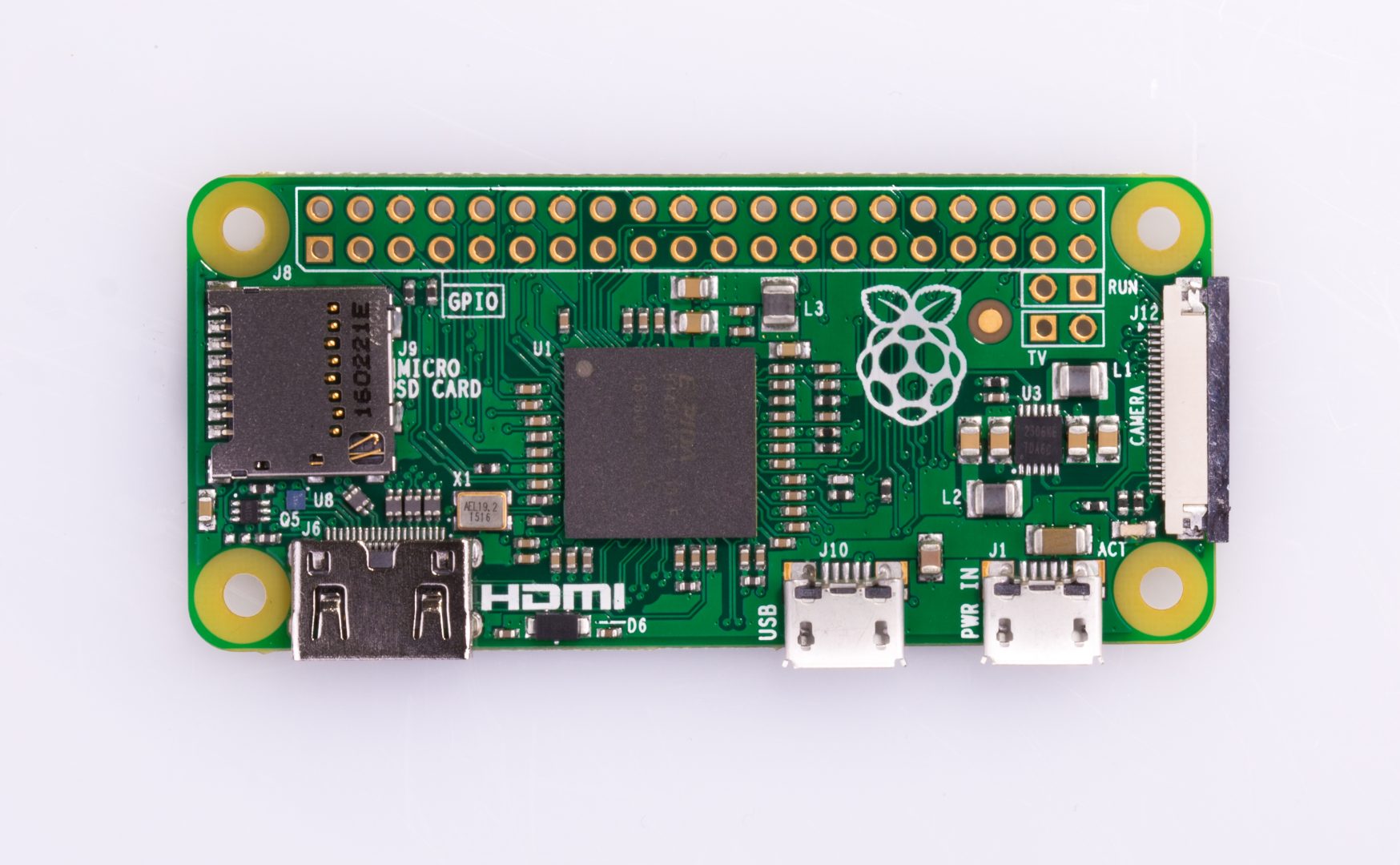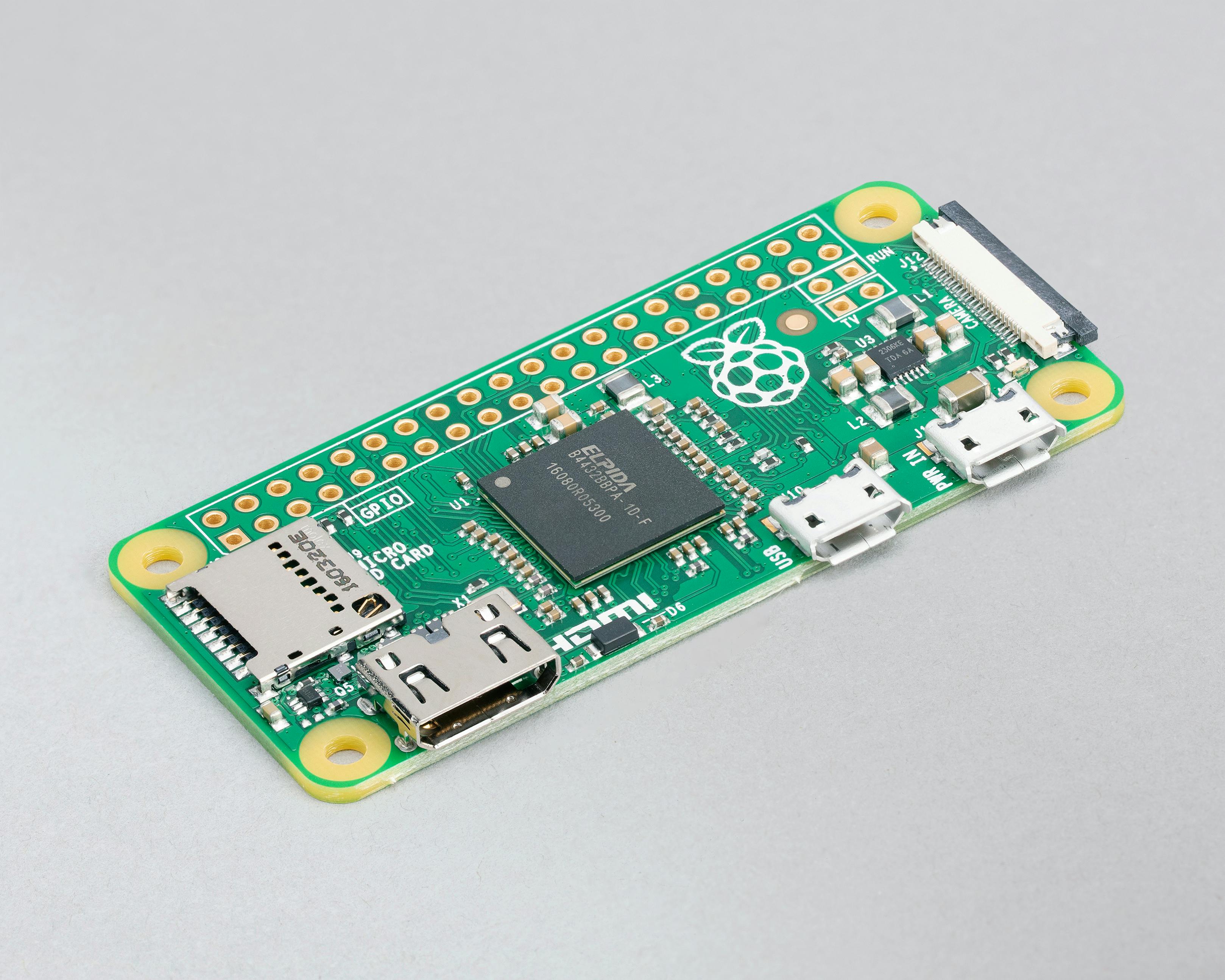Are you looking for a reliable way to remotely access your Raspberry Pi? With the increasing popularity of IoT devices, managing and accessing your Raspberry Pi from anywhere has become a necessity. RemoteIoT offers a free solution that allows you to remotely access your Raspberry Pi securely and efficiently. In this article, we will guide you through the process of setting up remote access to your Raspberry Pi using RemoteIoT.
Remote access to your Raspberry Pi can be incredibly useful for managing your IoT projects, monitoring devices, or troubleshooting issues without being physically present. Whether you're a hobbyist, a developer, or an IT professional, understanding how to set up remote access can save you time and effort. RemoteIoT provides a user-friendly platform that simplifies this process, making it accessible even for beginners.
In this comprehensive guide, we will explore the step-by-step process of remotely accessing your Raspberry Pi using RemoteIoT. We will cover everything from installation to advanced features, ensuring that you have all the information you need to get started. By the end of this article, you will have a clear understanding of how to leverage RemoteIoT for your Raspberry Pi projects.
Read also:Mia Z Grithmaster Video Unveiling The Viral Sensation
Table of Contents
- Introduction to RemoteIoT
- Benefits of Remote Access to Raspberry Pi
- Step-by-Step Setup Guide
- Advanced Features of RemoteIoT
- Security Considerations for Remote Access
- Troubleshooting Common Issues
- Data and Statistics on IoT Remote Access
- Comparison with Other Remote Access Tools
- User Testimonials and Case Studies
- Conclusion and Call to Action
Introduction to RemoteIoT
RemoteIoT is a cloud-based platform designed to facilitate remote access to IoT devices, including Raspberry Pi. It offers a seamless and secure way to manage your devices from anywhere in the world. Whether you're working on a home automation project or managing industrial IoT applications, RemoteIoT provides the tools you need to stay connected.
One of the key advantages of RemoteIoT is its ease of use. The platform is designed to be user-friendly, allowing even those with minimal technical expertise to set up remote access quickly. Additionally, RemoteIoT offers a free tier, making it an attractive option for hobbyists and small-scale projects.
Key Features of RemoteIoT
- Secure remote access to Raspberry Pi
- Easy installation and setup process
- Support for multiple devices
- Real-time monitoring and control
- Cloud-based management platform
Benefits of Remote Access to Raspberry Pi
Remote access to your Raspberry Pi opens up a world of possibilities. Whether you're managing a smart home system, monitoring environmental sensors, or developing IoT applications, remote access provides flexibility and convenience.
One of the primary benefits of remote access is the ability to troubleshoot and manage your devices without being physically present. This is particularly useful for developers and IT professionals who need to maintain systems across multiple locations. Additionally, remote access allows for real-time monitoring, enabling you to respond quickly to any issues that arise.
Why Choose RemoteIoT for Remote Access?
- Secure and reliable connection
- User-friendly interface
- Free tier available for small projects
- Compatibility with various Raspberry Pi models
- Support for advanced features like automation and scheduling
Step-by-Step Setup Guide
Setting up remote access to your Raspberry Pi using RemoteIoT is a straightforward process. Follow these steps to get started:
Step 1: Install RemoteIoT on Your Raspberry Pi
Begin by downloading the RemoteIoT software from the official website. Once downloaded, follow the installation instructions provided. The installation process is simple and should only take a few minutes.
Read also:Unveiling The Phenomenon Of Brattygbaby A Deep Dive Into Her World
Step 2: Create a RemoteIoT Account
After installing the software, create a RemoteIoT account. This will allow you to manage your devices through the cloud-based platform. The registration process is quick and easy, requiring only basic information.
Step 3: Connect Your Raspberry Pi to RemoteIoT
Once your account is set up, connect your Raspberry Pi to the RemoteIoT platform. This involves linking your device to your account and configuring the necessary settings. Detailed instructions are available on the RemoteIoT website.
Advanced Features of RemoteIoT
RemoteIoT offers several advanced features that enhance the remote access experience. These features include automation, scheduling, and real-time monitoring, allowing you to optimize your Raspberry Pi projects.
Automation and Scheduling
With RemoteIoT, you can automate tasks and schedule actions to be performed at specific times. This is particularly useful for managing repetitive tasks or ensuring that certain processes are carried out consistently.
Real-Time Monitoring
RemoteIoT provides real-time monitoring capabilities, enabling you to keep track of your devices' performance and status. This feature is invaluable for identifying and addressing issues promptly.
Security Considerations for Remote Access
When setting up remote access to your Raspberry Pi, it's essential to consider security. RemoteIoT employs several security measures to protect your data and devices, including encryption and secure authentication protocols.
Encryption and Secure Connections
RemoteIoT uses encryption to ensure that your data is transmitted securely. This prevents unauthorized access and protects your devices from potential threats.
Authentication Protocols
In addition to encryption, RemoteIoT implements robust authentication protocols to verify user identities. This ensures that only authorized users can access your devices.
Troubleshooting Common Issues
While RemoteIoT is designed to be user-friendly, you may encounter some issues during setup or use. Here are some common problems and their solutions:
Connection Issues
If you experience connection problems, ensure that your Raspberry Pi is properly connected to the internet and that the RemoteIoT software is correctly installed. Checking your network settings and restarting your device can often resolve these issues.
Authentication Errors
Authentication errors may occur if your login credentials are incorrect. Double-check your username and password, and ensure that you are using the correct account information.
Data and Statistics on IoT Remote Access
The demand for remote access solutions for IoT devices is growing rapidly. According to recent studies, the global IoT market is expected to reach $1.1 trillion by 2026, driven by the increasing adoption of smart devices and automation technologies.
Growth of IoT and Remote Access
Remote access solutions like RemoteIoT are becoming essential for managing the growing number of IoT devices. This trend is supported by data showing a significant increase in the use of remote management tools across various industries.
Comparison with Other Remote Access Tools
There are several remote access tools available, each with its own strengths and weaknesses. RemoteIoT stands out due to its ease of use, security features, and compatibility with Raspberry Pi.
Key Differences
- RemoteIoT offers a free tier, making it accessible for small projects.
- Its user-friendly interface is ideal for beginners.
- Advanced features like automation and real-time monitoring set it apart from competitors.
User Testimonials and Case Studies
Many users have successfully implemented RemoteIoT for their Raspberry Pi projects. Here are some testimonials and case studies highlighting the platform's effectiveness:
Case Study: Home Automation Project
A user implemented RemoteIoT to manage a home automation system, allowing them to control lighting, temperature, and security systems remotely. The platform's ease of use and reliability were key factors in their success.
Conclusion and Call to Action
RemoteIoT provides a reliable and secure solution for remotely accessing your Raspberry Pi. By following the steps outlined in this guide, you can set up remote access quickly and efficiently. Whether you're a hobbyist or a professional, RemoteIoT offers the tools you need to manage your IoT projects with ease.
We encourage you to try RemoteIoT for your Raspberry Pi projects and experience the benefits of remote access firsthand. If you have any questions or need further assistance, feel free to leave a comment or reach out to the RemoteIoT support team. Don't forget to share this article with others who might find it useful!

